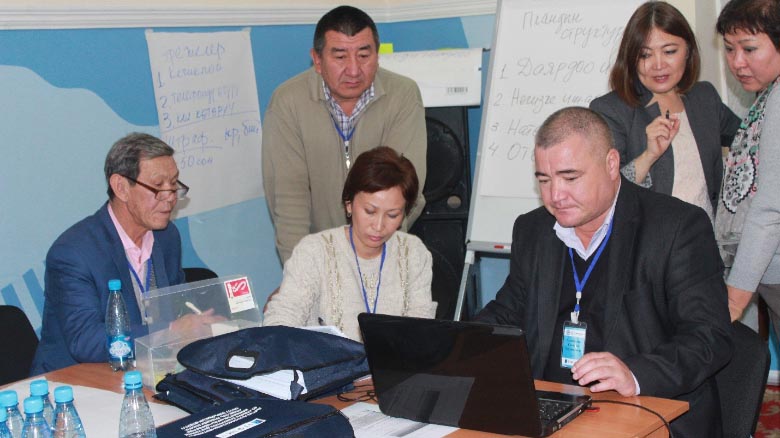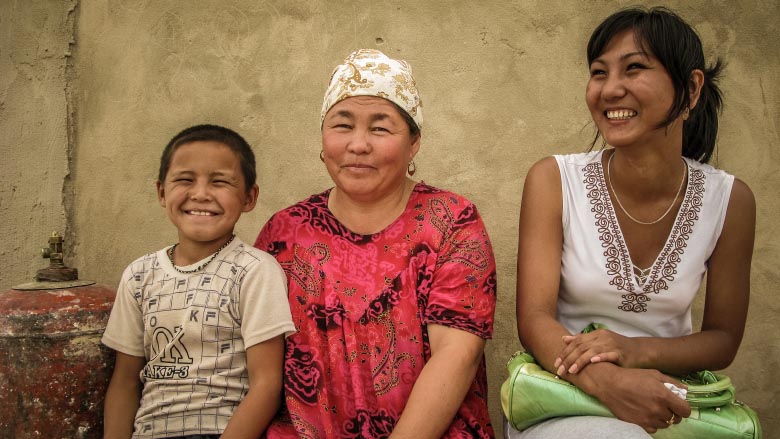One year ago, a new project was launched in the Kyrgyz Republic that is quite unique in terms of its geographic scope and population coverage. The project, Scaling-Up Peer-to-Peer Learning in Public Finance at the Local Self-Government Level, is being implemented by the State Agency for Local Governance and Interethnic Relations (SALGIR), with financial support from the World Bank.
Administratively, the Kyrgyz Republic is divided into 7 oblasts (provinces) and 2 cities (Bishkek and Osh). Oblasts are divided into 40 rayons (districts), while rural areas of rayons are divided into 453 Ayil Aymak (municipalities or local self-government units).
Under the project, learning events have rolled out across the country – covering all 453 rural local self-governments, not just a few pilot rayons or oblasts – which means that thousands of participants will benefit directly from the project.
The uniqueness of the project also lies in its approach: an innovative peer-to-peer learning concept. The project help beneficiaries to organize three communities of practice (CoPs), for heads of rural municipalities, heads of financial departments in these municipalities, and elected members of local councils heading budget commissions.
The beneficiaries have selected CoP leaders at rayon level (40 for each CoP). Rayon CoP leaders attend intensive quarterly learning events where they receive knowledge and information on budget-related topics selected by CoP membership.


